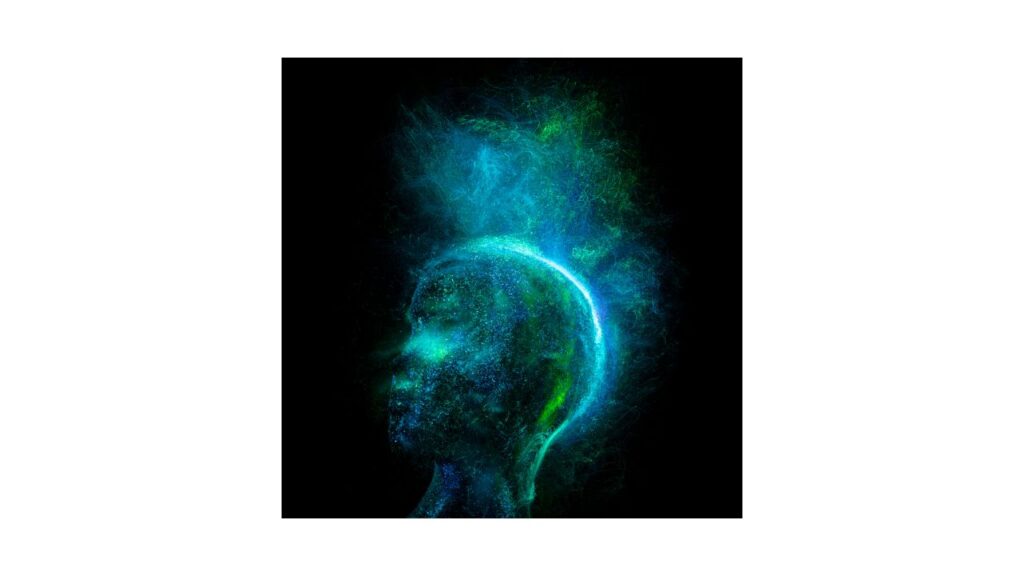

Introduction of Big Bang in Quran
The Quran, revered as the holy scripture of Islam, has captivated believers and scholars alike for centuries with its profound insights and teachings. One topic that has intrigued both religious and scientific communities is the concept of the Big Bang, which is often considered the prevailing scientific explanation for the origin of the universe. Surprisingly, the Quran contains verses that some interpreters and scholars suggest can be linked to the Big Bang theory, offering a unique perspective on the relationship between religion and science.
The Big Bang Theory: A Brief Overview
Before delving into the potential connections between the Big Bang theory and the Quran, let’s briefly recap the key elements of the theory itself. The Big Bang theory posits that the universe originated from a singular, incredibly dense and hot point around 13.8 billion years ago. This point then rapidly expanded, leading to the formation of matter, galaxies, stars, and planets over billions of years. The theory is supported by various pieces of evidence, including the observed expansion of the universe, the cosmic microwave background radiation, and the abundance of light elements.
The Quranic Verses: Exploring the Parallels
The Quranic verses that are often associated with the concept of the Big Bang include those that describe the creation of the universe and the heavens and earth. For instance, one of the verses is from Surah Al-Anbiya (21:30), which can be translated as: “Do not those who disbelieve see that the heavens and the earth were a closed-up mass, then We opened them out?” This imagery of something being closed up and then opened out bears a resemblance to the initial singularity of the Big Bang, which expanded to form the universe.
Furthermore, Surah Adh-Dhariyat (51:47) states: “And the heaven We constructed with strength, and indeed, We are [its] expander.” This verse may be seen as alluding to the ongoing expansion of the universe, a phenomenon central to the Big Bang theory.
Another relevant verse comes from Surah Al-Anbiya (21:104): “The Day when We will fold the heaven like the folding of a [written] sheet for the records. As We began the first creation, We shall repeat it. [It is] a promise binding upon Us. Indeed, We shall do it.” This verse could be interpreted as describing the eventual collapse of the universe, potentially in a manner similar to the Big Crunch, a hypothetical scenario where the universe contracts back to a singularity.
Interpretation and Perspective
It’s important to note that while some scholars and believers find these verses to align with the Big Bang theory, interpretation can vary widely. Islamic exegesis, or Tafsir, often involves understanding the context, language, and intended meanings of the verses. These interpretations may differ depending on theological, linguistic, and philosophical viewpoints.
The relationship between science and religion has been a subject of discussion for centuries. Some scholars argue that the Quranic verses, which are poetic and metaphorical in nature, may offer a description of the creation of the universe that resonates with the scientific understanding of the Big Bang. Others emphasize that religious texts may not be intended to serve as scientific manuals but rather as sources of spiritual guidance.
Harmony and Dialogue
The intersection of the Big Bang theory and the Quranic verses highlights the potential for harmony and dialogue between science and religion. Instead of viewing these concepts as conflicting, some scholars advocate for a perspective that appreciates both scientific discoveries and spiritual teachings. This approach allows for a deeper understanding of the universe while acknowledging the limitations of human comprehension.
Conclusion
The exploration of the relationship between the Big Bang theory and the Quranic verses demonstrates the multifaceted nature of the holy scripture and its potential to be interpreted in various ways. While these verses may offer intriguing parallels with the scientific explanation of the universe’s origin, it’s essential to approach such connections with an open mind and a willingness to engage in respectful dialogue. Whether one finds harmony between science and religion in these interpretations or views them separately, the journey of discovery remains a testament to the human pursuit of knowledge and understanding.
Is the Big Bang mentioned in the Quran?
The term “Big Bang” itself isn’t mentioned in the Quran, but many scholars and believers point to verses that they interpret as describing the concept of the universe’s creation in a manner similar to the Big Bang theory.
Which verses in the Quran are associated with the Big Bang?
Verses from Surah Al-Anbiya (21:30) and Surah Adh-Dhariyat (51:47) are often cited in connection with the concept of the universe’s creation and expansion. These verses have been interpreted by some as alluding to the expanding universe, a key aspect of the Big Bang theory.
How do these verses hint at the Big Bang?
Surah Al-Anbiya (21:30) speaks of the heavens and the earth being initially joined together and then being “cloven asunder,” which some interpret as a metaphorical reference to the rapid expansion of the universe. Surah Adh-Dhariyat (51:47) mentions that the universe is continuously expanding, which aligns with the modern scientific understanding.
Was the concept of the Big Bang known at the time of the Quran’s revelation?
The concept of the Big Bang as understood by modern science wasn’t known during the time of the Quran’s revelation in the 7th century. The verses are interpreted in light of contemporary scientific understanding.
What is the general Islamic perspective on science and the Quran?
Islam has a tradition of encouraging the pursuit of knowledge and understanding the natural world. Many Muslims view scientific discoveries as a means of deepening their appreciation for the Creator’s wisdom and design.
Do all Muslims interpret these verses as referring to the Big Bang?
No, interpretations of the Quranic verses can vary among scholars and believers. Some scholars emphasize metaphorical meanings, while others may see connections with scientific theories. The interpretation of these verses remains a topic of scholarly debate.
Is the Big Bang theory compatible with Islamic beliefs?
Many Muslims find that the Big Bang theory aligns with their beliefs in the Creator’s role in the universe’s origin. They see no inherent conflict between scientific theories and religious teachings, as both aim to uncover different aspects of reality.
Does the Quran provide a comprehensive scientific account of the Big Bang?
The Quran isn’t a scientific textbook but a religious scripture. While some verses are seen as resonating with scientific concepts, their primary purpose is to convey spiritual and moral guidance rather than detailed scientific explanations.
What is the significance of exploring these connections?
Exploring connections between the Quran and scientific theories can deepen believers’ sense of wonder and appreciation for both faith and science. It highlights the idea that understanding the natural world can lead to a greater understanding of the divine.
How should these interpretations be approached?
Interpretations of the Quran should be approached with humility, respect for diverse perspectives, and an understanding of the historical and cultural context. It’s important to engage in discussions with an open mind and a willingness to learn from others’ viewpoints.





